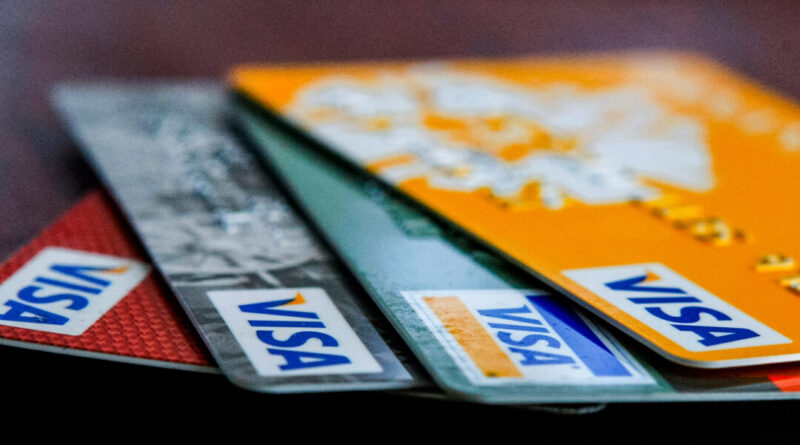Australian Government Proposes Ban on Debit Card Fees
If approved, the ban on debit card payment fees could take effect by January 2026.
The federal government has declared intentions to prohibit debit card surcharges as part of a clampdown on excessive fees linked to card payments.
To support this effort, the Australian Competition and Consumer Commission (ACCC) will receive $2.1 million in funding to bolster enforcement.
This move corresponds with the ongoing review by the Reserve Bank of Australia (RBA) on merchant payment costs and surcharging.
The review aims to address the increasing dissatisfaction from consumers and businesses regarding hidden fees in routine transactions. If sanctioned, the ban on debit card payment fees could be implemented by January 2026.
Prime Minister Anthony Albanese emphasized that the government’s primary goal is to alleviate the financial strain on households and businesses.
“My government’s foremost priority is to reduce the cost of living for households and businesses, and this is another step towards safeguarding Australians,” Albanese stated.
“That’s why we have announced this additional funding for the ACCC while we wait for further work by the Reserve Bank of Australia.”
The RBA, tasked with overseeing the country’s payment systems, is scheduled to release its first consultation paper on merchant costs and card transaction fees. The government is expected to closely monitor this report.
The $2.1 million allocated to the ACCC will enable the consumer watchdog to crack down on unlawful and unjust surcharging practices while enhancing education and compliance efforts.
“This is all geared towards securing better outcomes for consumers, reducing costs for small businesses, and promoting a more competitive payment system. Consumers should not face penalties for utilizing cards or digital payments, and likewise, small businesses should not have to endure hefty fees just to receive payments,” Treasurer Jim Chalmers remarked on Oct. 15.
Assistant Treasurer Stephen Jones echoed this sentiment, asserting that the prohibition on surcharges would create a fairer arena for both consumers and businesses.
“The surcharges accumulate and inflict substantial damage on the wallets of customers and the earnings of small business proprietors,” he pointed out. “This is positive news for consumers and small business owners and will help our payment systems keep pace with the digital economy.”
The government ensured a balanced approach to safeguard the interests of both consumers and small businesses.
“While alleviating costs for consumers is pivotal, the government is also cautious not to add additional financial strains on businesses or cause unintended consequences for the broader economy,” it stated.
According to the ACCC, businesses in Australia have the option to impose a surcharge for card payments, but it must not exceed the actual cost incurred by the company to offer that service.
The new regulations will also mandate financial companies to disclose how those costs are computed.
“If there is no alternative for consumers to pay without incurring a surcharge, the business must include the surcharge in the displayed price,” as per the ACCC.
On the other hand, Jason Bryce of the Cash Welcome group suggested that the ban might lead to more concealed fees and higher retail prices for all consumers.
“By eliminating surcharges, banks and card schemes could obfuscate costs from customers, escalating prices without transparency. Particularly, cash users could unfairly shoulder the costs typically linked with premium credit cards, like frequent flyer rewards,” Bryce contended.
He further argued that this ban could essentially compel all shoppers, including cash payers, to subsidize card users’ rewards programs, resulting in inflated retail prices across the board.





